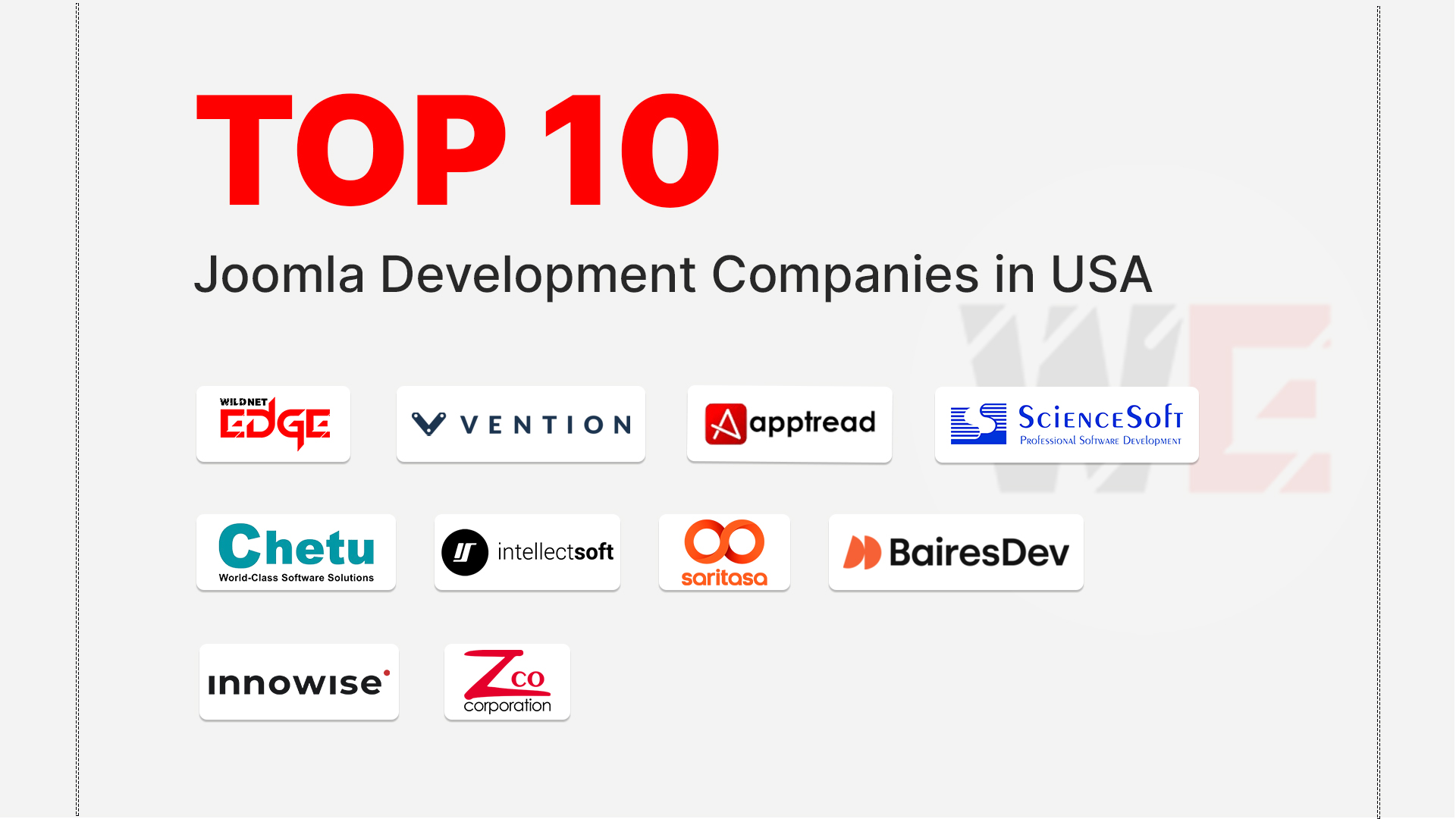Small businesses face unique challenges in the logistics sector, often grappling with limited resources, fluctuating customer demands, and increasing competition. The inefficiency of traditional logistics methods can significantly hinder growth, making it essential for these businesses to seek innovative solutions. Enter “”AI in logistics”” — a game-changer that has the potential to streamline operations, enhance decision-making, and drive efficiency. In this blog, we’ll explore how small businesses can leverage AI technologies to overcome logistical hurdles, highlighting real-world applications, essential tools, and future trends.
AI Case Studies Logistics – Real-World Applications
Successful Implementations of AI in Logistics
Small businesses integrating AI in logistics have reported significant improvements in their operational efficiency. For instance, a local courier service utilized an AI-powered route optimization tool, which resulted in a 25% reduction in delivery times. By analyzing data in real time—considering factors such as traffic patterns, weather conditions, and customer demand—this service was able to reroute drivers dynamically, saving both time and fuel costs. Furthermore, AI-assisted inventory management at a regional manufacturer allowed the firm to predict inventory needs accurately, reducing stockouts by 30% while minimizing excess inventory.
Another compelling case is a small retail business that adopted AI chatbots for customer inquiries and order tracking. This implementation not only improved customer satisfaction but also freed up staff to focus on strategic tasks, enhancing overall productivity. The business reported a 15% increase in repeat customers due to the improved customer experience facilitated by their AI tools.
Lessons Learned from AI Case Studies in Logistics
While many small businesses have succeeded with AI, there are valuable lessons learned from case studies. One common pitfall is underestimating the integration time necessary for AI tools to work effectively. Businesses often expect immediate results, but successful integration typically involves training staff and adjusting processes. A case study involving a small shipping firm revealed that patience during the learning curve is crucial; those that budgeted ample time for transition flourished while those who rushed experienced setbacks.
Additionally, aligning AI technologies with specific business goals is vital. A logistics startup failed to realize projected efficiency gains because they did not tailor their AI solutions to meet their unique needs. The lesson here is straightforward: invest time into understanding the context in which AI tools will be applied to maximize their effectiveness.
AI Tools in Logistics – Essential Technologies
Overview of AI Tools in Logistics
The logistics sector is increasingly dominated by innovative AI tools that enhance efficiency and accuracy. These tools can be classified into several categories:
- Predictive Analytics: These tools analyze historical data to forecast future trends, helping businesses make informed decisions on inventory levels and supply chain management.
- Route Optimization Software: AI algorithms calculate the most efficient delivery routes, saving time and fuel while improving customer satisfaction.
- Automated Warehouse Management Systems: These AI systems streamline inventory management by automating stock tracking and logistics planning.
For small businesses, these tools are invaluable in reducing operational overhead while maintaining high service levels.
Choosing the Right AI Tools in Logistics
When selecting AI tools for logistics, small businesses should consider specific criteria:
- Integration Capabilities: Ensure the AI tool seamlessly integrates with existing systems to avoid disruptions in operations.
- Scalability: Choose tools that can grow with the business, accommodating future needs and increased data volumes.
- Ease of Use: Opt for user-friendly interfaces that do not require extensive technical expertise to operate.
Popular AI tools that have proven successful for small businesses include tools like Shopify’s Order Fulfillment, ClearMetal for inventory management, and Route4Me for route optimization. By following these criteria, small businesses can make informed decisions when investing in AI technology.
Benefits of AI in Logistics for Small Businesses
Cost Reduction Through AI in Logistics
One of the most significant benefits of introducing AI in logistics for small businesses is cost reduction. According to a recent study, implementing AI solutions can lead to operational cost savings of up to 30%. These savings primarily stem from improved efficiency and reduced waste. For example, predictive analytics helps businesses avoid overstocking and understocking issues, aligning inventory levels closer to actual demand.
Additionally, AI algorithms that optimize delivery routes can also decrease fuel costs by determining the shortest and least congested paths. A small food distribution company that implemented such a system saw its transportation costs drop by approximately 20% within the first few months of use.
Improved Decision-Making with AI in Logistics
AI enhances decision-making processes through superior data analytics. By aggregating vast amounts of logistics data—such as customer orders, transportation times, and inventory levels—AI tools provide actionable insights that lead to better strategic decisions.
For instance, a small manufacturing firm utilized AI-driven dashboards to monitor real-time analytics, which revealed production inefficiencies. Armed with these insights, management was able to make data-driven adjustments that improved production rates by 18%. AI’s ability to analyze complex datasets allows businesses to respond quickly to market changes, ensuring that strategic decisions are timely and informed.
Software Development Company – Building AI Solutions
How to Partner with a Software Development Company
To fully realize the benefits of AI in logistics, small businesses often need to partner with a specialized software development company. Here are steps to guide small businesses in finding the right partner:
- Define Clear Requirements: Begin by outlining specific goals and requirements for the AI project. This will guide discussions with potential partners and ensure alignment.
- Research Expertise: Look for companies that have experience in developing AI solutions specifically in the logistics sector. Reviewing past projects can provide insights into their capabilities.
- Evaluate Communication Skills: Select a partner that demonstrates robust communication skills, ensuring they can clarify complex technical concepts effectively.
The partnership with a proficient software development company can greatly enhance the chances of success in deploying effective AI solutions tailored to an organization’s logistics needs.
Custom AI Solutions from Software Development Companies
Bespoke AI solutions offered by software development companies can vastly improve logistics operations. Unlike off-the-shelf software, customized solutions address the unique challenges faced by a small business. For instance, a small shipping company worked with a software development partner to create a custom tracking system that allowed real-time visibility of shipments, enhancing customer satisfaction and reducing the number of lost parcels.
Custom AI tools can also adapt to changing business environments, evolving as the company grows. By investing in tailored solutions, businesses can ensure their logistics operations remain robust and future-ready.
Mobile App Development Company – Supporting Logistics Needs
Role of Mobile Apps in AI for Logistics
Mobile applications play a critical role in modernizing logistics management. They facilitate communication between teams, enable real-time tracking, and provide instant updates to customers. Many logistics firms are now leveraging mobile apps that incorporate AI features, such as:
- Live Tracking: Customers can receive live updates about their shipments through dedicated mobile apps, which increases transparency and trust.
- Notifications: AI-enabled apps can send automated alerts for delivery or order status changes, keeping all stakeholders informed without manual intervention.
- Customer Management: Enhanced customer service features, like chatbots integrated within apps, allow businesses to manage inquiries efficiently.
By implementing mobile apps that fuse AI capabilities with logistics management, small businesses can vastly improve both operational efficiency and customer experience.
Choosing a Mobile App Development Company for Logistics
Selecting the right mobile app development company is crucial for small businesses looking to adopt AI solutions in logistics. Key considerations include:
- Track Record of Success: Evaluate portfolios for previous project successes, especially those relevant to logistics.
- Technical Skills: Ensure that the company has experience in both mobile app development and an understanding of AI integration.
- Post-Launch Support: Choose a company that provides comprehensive support post-launch to handle any necessary updates or troubleshooting.
By focusing on these criteria, small businesses can find reliable partners to develop mobile applications that effectively support their logistics operations.
Future Trends of AI in Logistics
Innovations on the Horizon for AI in Logistics
As we look to the future, several exciting innovations are poised to reshape the logistics landscape through AI. Technologies such as autonomous vehicles for delivery, advanced robotics for warehouse operations, and fully automated supply chain management systems are becoming more prevalent. These innovations promise to enhance productivity and reduce human error.
Additionally, AI is expected to leverage IoT (Internet of Things) technologies to create more interconnected logistics ecosystems. Smart sensors can monitor the condition of goods and equipment in transit, providing businesses with critical insights and alerts.
Preparing Your Business for Future AI Trends in Logistics
Small businesses can prepare for future trends in AI logistics by focusing on continuous learning and adaptation. Here are strategies to stay ahead:
- Engage in Professional Development: Encourage employees to take courses in AI and machine learning, helping them understand the technology’s potential applications in logistics.
- Invest in Emerging Technologies: Stay informed about new AI tools and technologies. Early adoption of innovative solutions can provide a competitive advantage.
- Foster a Culture of Innovation: Encourage teams to be open to experimenting with new processes or technologies and rewarding innovative ideas.
By adopting these practices, small businesses can position themselves to leverage future advancements in AI within the logistics space effectively.
Conclusion
The integration of AI in logistics offers small businesses a pathway to overcome traditional operational challenges and enhance efficiency. From real-world applications and essential tools to partnerships with software and mobile app development companies, the opportunities are vast. By adopting AI solutions, businesses can streamline operations, cut costs, and improve decision-making.
If you’re looking to harness the power of AI in your logistics operations, consider partnering with Wildnet Edge, a trusted AI-first company capable of providing tailored solutions to meet your needs. Explore the transformative potential of AI for your logistics requirements today!
FAQs
AI case studies in logistics showcase successful integrations that improve efficiency and cut costs. Successful small businesses have implemented AI tools that foster efficiency and enhance customer satisfaction.
Effective AI tools in logistics include predictive analytics tools, routing optimization software, and automated warehouse management systems. These tools significantly enhance operations by improving accuracy and reducing overhead.
A software development company can provide tailored AI solutions, integrating specific logistics needs into technology. They can guide you through the development process from concept to implementation.
A mobile app development company helps create user-friendly applications that enhance the efficiency of logistics operations. They provide tools for tracking, notifications, and customer management to improve service.
Small businesses should monitor developments in automation, machine learning, and IoT integrations in logistics. These trends promise to reshape the logistics landscape through improved efficiency and cost savings.

Nitin Agarwal is a veteran in custom software development. He is fascinated by how software can turn ideas into real-world solutions. With extensive experience designing scalable and efficient systems, he focuses on creating software that delivers tangible results. Nitin enjoys exploring emerging technologies, taking on challenging projects, and mentoring teams to bring ideas to life. He believes that good software is not just about code; it’s about understanding problems and creating value for users. For him, great software combines thoughtful design, clever engineering, and a clear understanding of the problems it’s meant to solve.
 sales@wildnetedge.com
sales@wildnetedge.com +1 (212) 901 8616
+1 (212) 901 8616 +1 (437) 225-7733
+1 (437) 225-7733















 ChatGPT Development & Enablement
ChatGPT Development & Enablement Hire AI & ChatGPT Experts
Hire AI & ChatGPT Experts ChatGPT Apps by Industry
ChatGPT Apps by Industry ChatGPT Blog
ChatGPT Blog ChatGPT Case study
ChatGPT Case study AI Development Services
AI Development Services Industry AI Solutions
Industry AI Solutions AI Consulting & Research
AI Consulting & Research Automation & Intelligence
Automation & Intelligence















